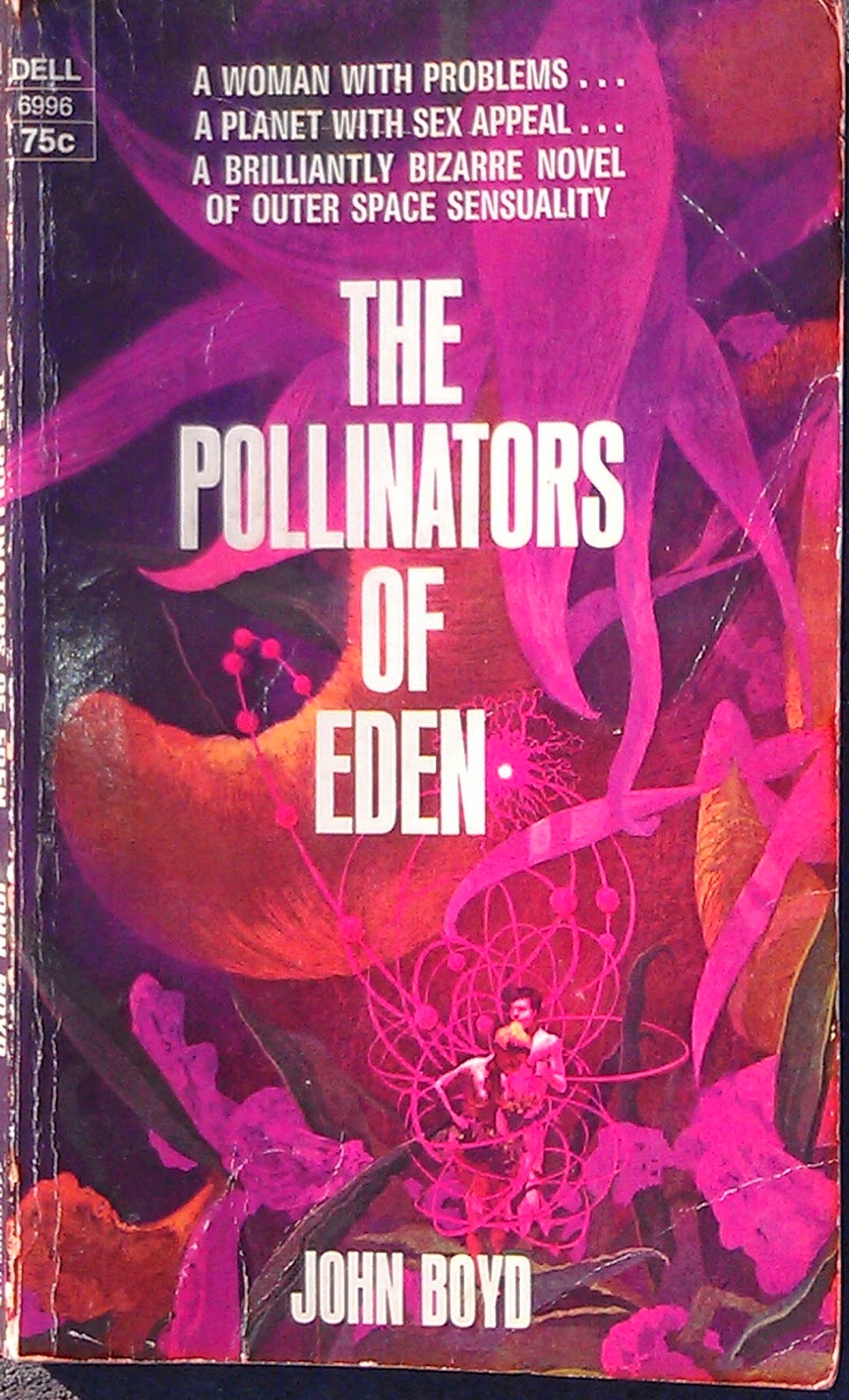 |
| Signet, June 1963 |
Carter Brown (Alan Geoffrey Yates) was born in England and lived in Australia, where he wrote a slew of mystery novels set in the U.S. featuring several different, yet somewhat randy, detectives. Nymph to the Slaughter, from 1963 features Danny Boyd, a tough Manhattan private eye with a talent for smart-assed quips and getting involved with dangerous dames. In this case he's hired by a hookah puffing cat named Osman Bey to find the missing daughter of a partner. Seems Osman Bey wasn't too careful at insuring the missing girl's safety on her recent arrival to Manhattan. And it's no wonder, since she was bringing with her a rare book loaded with smuggled diamonds. Boyd is sent to a seedy joint named The Ottoman Club where he encounters a deadly belly-dancer named Leila Zenta, and her boyfriend Frankie Lomax. And if those two weren't problems enough, there is nattily attired Julie Kern, the club's manager, always popping up expectantly with gun in hand. The gang at the Ottoman Club are on the hook for a delivery of some kind to another person named Corlis. Turns out that Corlis is Beatrice Corlis, an aging nympho who lives in a fortress estate on Long Island. The old bat likes to keep her meek husband on a leash while a couple of house thugs pleasure her on the side. It's all very confusing and gets pretty convoluted in a mere 125 pages, with everyone double crossing each other and lying to Danny Boyd the whole time. Still, there are a couple of dames ready to drop their pants for our hero, which helps, and before you know it, the whole thing is wrapped up in a blood-spattered resolution that ultimately leads Danny Boyd between the legs of another young lovely lass like the one described in the quote above.
I've read a couple Carter Brown novels over the years. The best things about them are their awesome covers by Robert McGinnis. They're always a reliable, quick read and not a bad way to spend a rainy afternoon. They used to be easy to find in used bookstores, but with fewer bookstores out there, you might have to do a little extra hunting to get some. Just don't let some greedy bastard overcharge you for copies.
